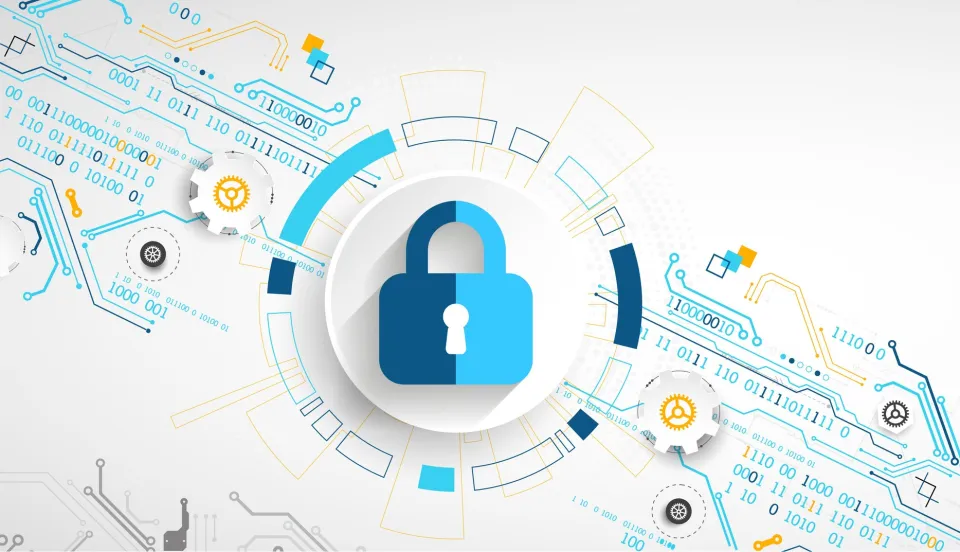
Corporate Silence
In today's hyperconnected world, cybersecurity threats are no longer mere nuisances, they’re reshaping how businesses behave, innovate and communicate. Recent research sheds surprising light on this phenomenon, highlighting an invisible yet powerful impact: companies are drastically cutting back on publishing scientific research to avoid attracting cybercriminals.
Think of it like turning off a porch light to avoid unwanted visitors. According to a study conducted by me together with Christelle Alkhoury, Xiaochi Ge and Christoph Sextroh, companies facing increased cybersecurity threats significantly reduce the number of scientific publications, essentially dimming the spotlight on their intellectual property. The logic is simple but powerful: if you broadcast your most valuable ideas, you risk catching the wrong kind of attention.
Data breaches have skyrocketed in frequency and severity. IBM's report showed that the average global cost of a single breach climbed to a staggering $4.88 million in 2024. Even more troubling, nearly half of these breaches directly targeted intellectual property. With cybercrime increasingly targeting scientific and technological innovation, firms have responded defensively, choosing silence over sharing.
But what exactly does becoming more secretive mean for innovation and the economy? When companies stop publishing scientific discoveries, the whole ecosystem of innovation suffers. Innovations build upon each other; ideas spark new inventions, attract investments and stimulate economic growth. Cutting back on publications interrupts this chain, resulting in what researchers call a "substantial indirect economic cost."
Some firms are using strategic disclosures, publishing enough to protect their innovations from being claimed by others, while keeping truly sensitive data behind closed doors. By strategically controlling what they disclose, companies are attempting to manage risk without entirely surrendering the benefits of openness.
According to the study, just one cybersecurity breach in an industry can reduce scientific publications significantly, representing a substantial loss in potential innovation and economic productivity. The researchers estimated that this kind of secrecy costs society hundreds of thousands of dollars per breach, beyond the immediate financial damage companies incur directly from cyberattacks.
Interestingly, the risk isn't uniform across all breaches. We found that when breaches involve personal details like employee passwords, companies become even more guarded. It seems firms aren't just protecting their ideas but also their employees, whose identities, when exposed, can lead to devastating intrusions.
Clearly, cybersecurity threats are reshaping the landscape of corporate innovation. Companies are becoming more cautious, striking a delicate balance between necessary transparency and protective secrecy. Policymakers face a critical challenge: how to secure valuable intellectual assets without stifling innovation.
Another hidden consequence of this shift toward secrecy is the potential talent drain it might provoke. When companies limit their openness about scientific research, they become less attractive workplaces for leading researchers and innovators who thrive on collaboration, recognition and the exchange of ideas. This could eventually drive top talent towards more open environments, inadvertently weakening the very innovation firms are trying to protect.
Moreover, the growing secrecy around scientific advances could unintentionally erode public trust. Transparency builds confidence among investors, consumers and partners. If companies begin withholding too much information, stakeholders may question their commitment to openness and accountability, potentially impacting brand reputation and long-term success
The broader takeaway is a sobering reminder that cybersecurity isn't just a tech issue but also a fundamental economic concern. If companies retreat too far into secrecy, we all lose out on innovation’s promise. Perhaps the real solution lies in strengthening cybersecurity defenses and improving how companies and regulators respond to breaches, rather than hiding away critical scientific advances.
Ultimately, finding a way forward requires businesses, researchers and policymakers alike to engage openly about the risks and rewards of sharing knowledge in our digital age.

